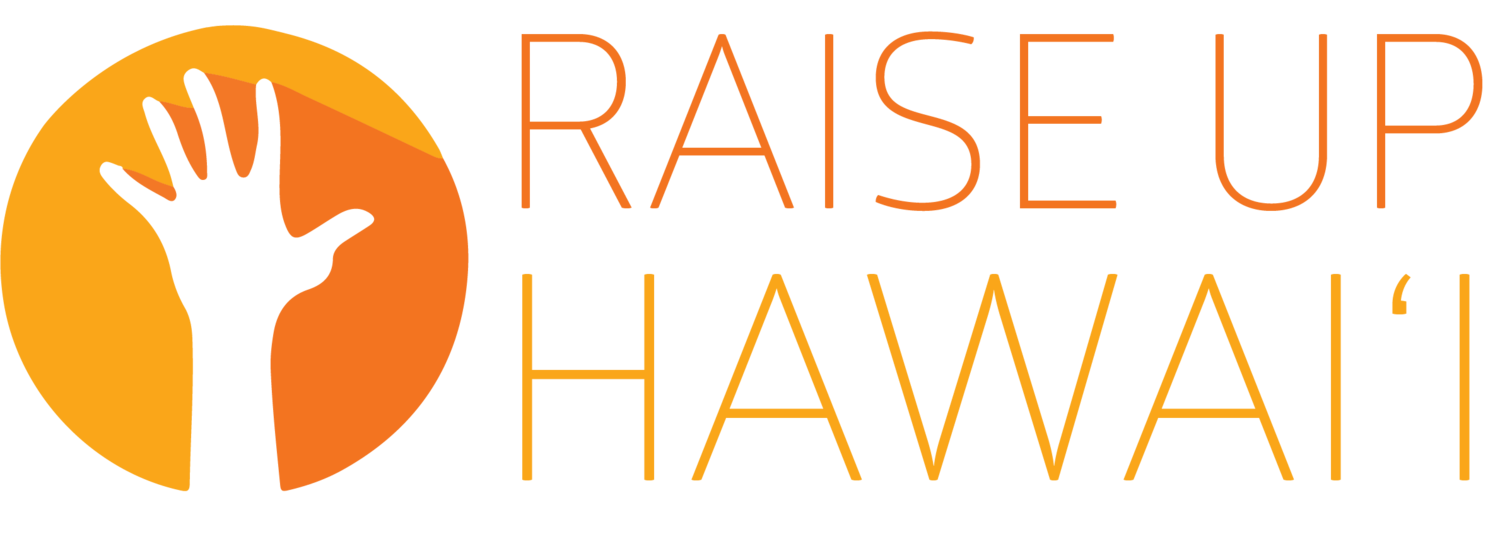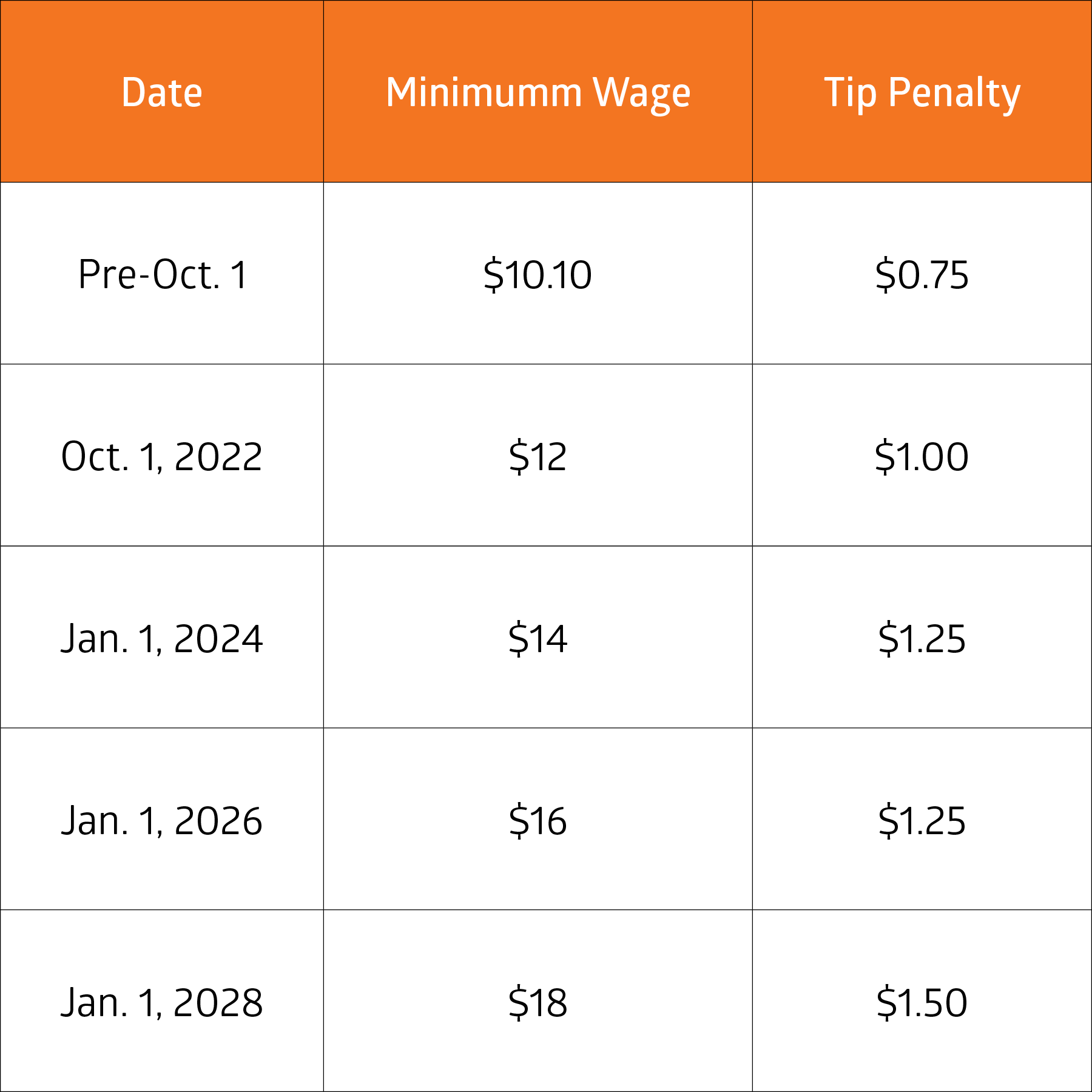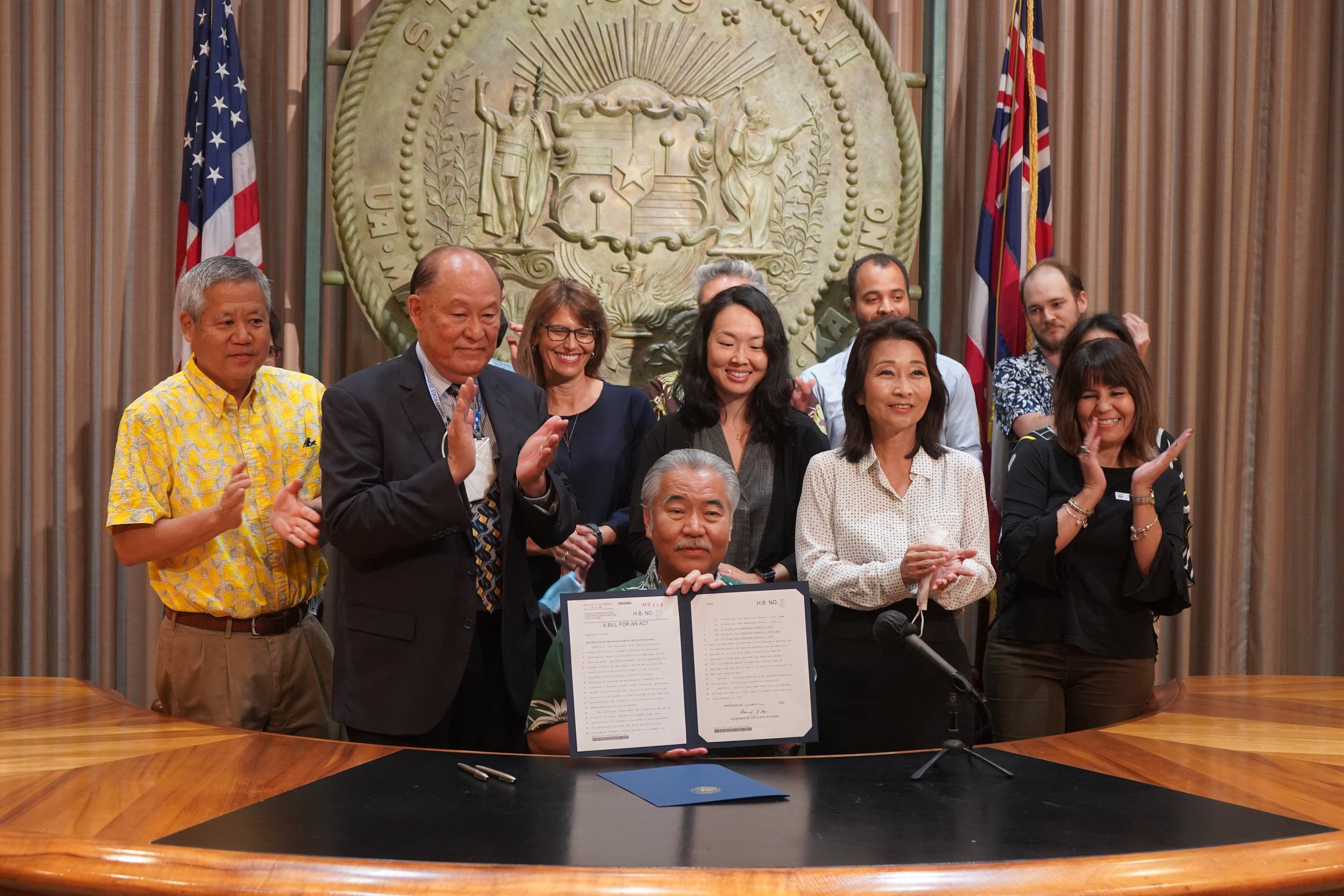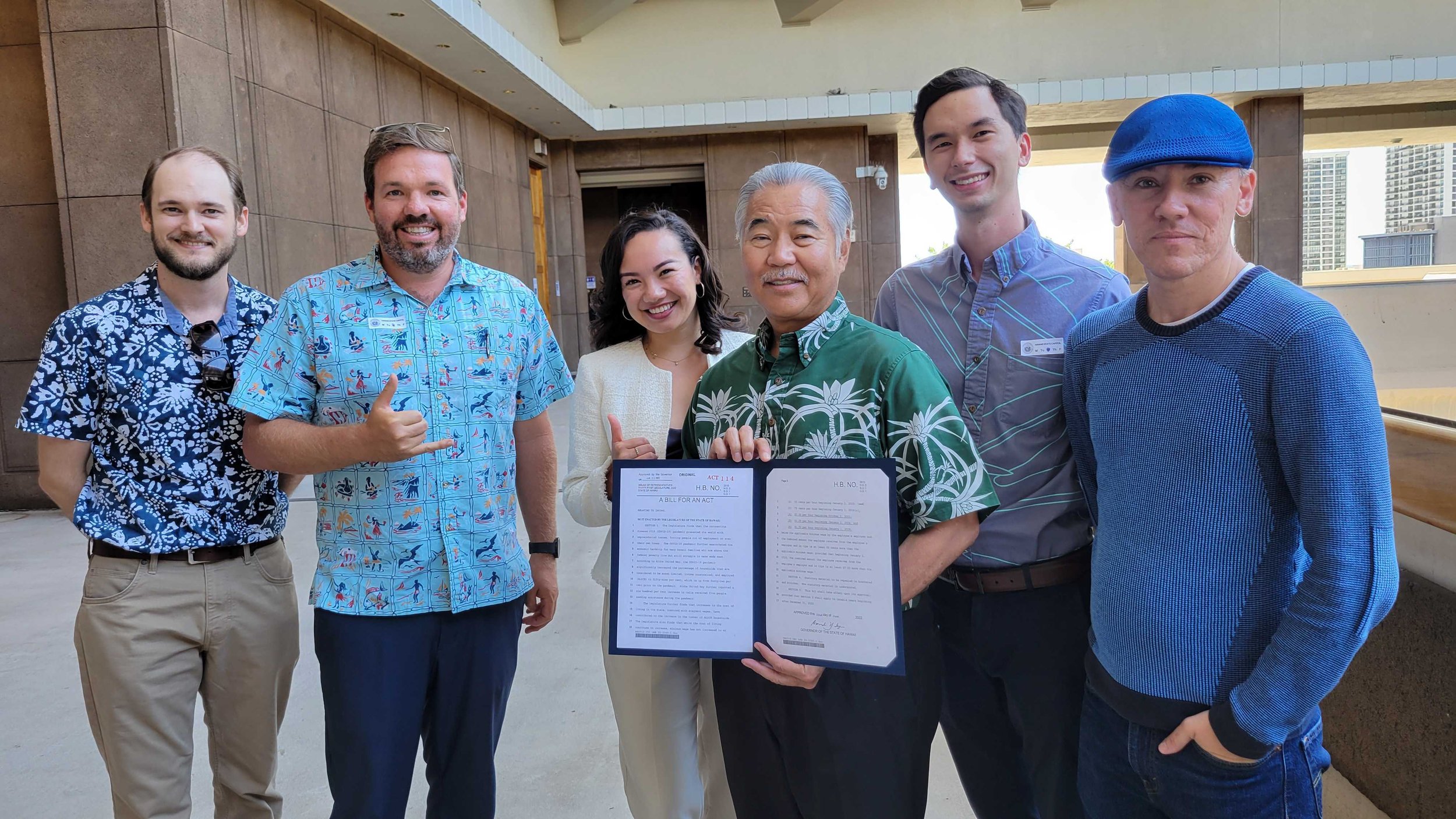Advocates for a living wage will be asking our elected officials to deliver on their promises and pass a living wage bill in the 2021 legislative session. But we can’t do it without support from you.

It’s time to Raise Up Hawaiʻi
Every worker deserves a Living Wage.























